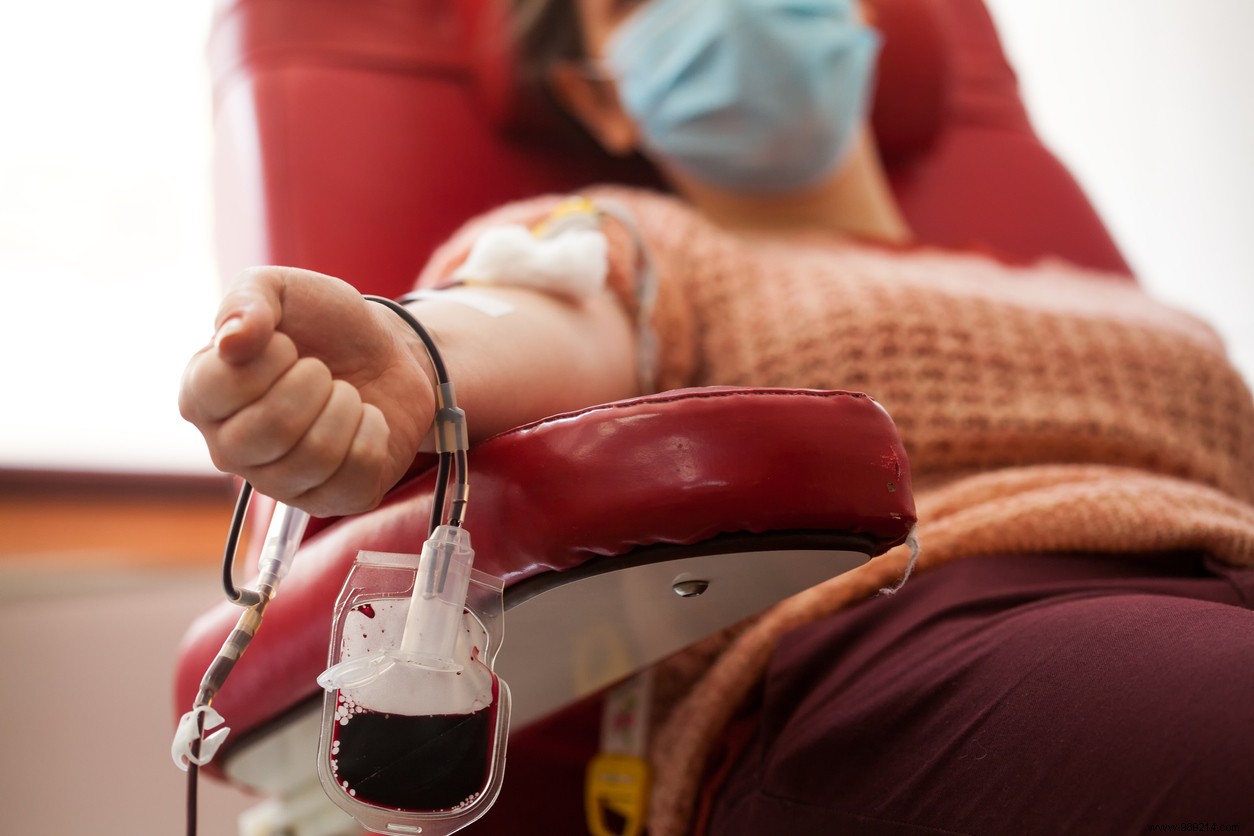In a recent study, American researchers showed that the blood of young mice countered the effects of time in older specimens. This seemingly outlandish research is quite serious and could one day concern humans, as the report published by the scientists shows.
Make old people look younger or reduce the effects of time is the subject of much research. In 2016, geneticist George Church said that aging should be thought of as a program that can be reversed. For several years, this researcher and his team have been carrying out genetic experiments in mice. What if use the blood of young people could be effective? Scientists from the University of Pittsburgh (USA) conducted their experiments based on this hypothesis and delivered the details of their work in the journal Nature Aging on December 6, 2021.
According to them, extracellular vesicles in the blood of mice send "genetic instructions" to muscle cells. The goal ? Code the Klotho protein which plays a role in the aging process. However, as the mice aged, their extracellular vesicles were less efficient in sending these same instructions. The researchers of the study then used the blood of young mice .
Scientists took blood from young adult mice in order to inject it into older specimens. The objective was obviously to check whether this could generate changes. According to the results, the cells and other tissues of the older mice benefited from an improvement in their muscle regeneration . However, these beneficial effects disappeared when the researchers removed the extracellular vesicles from their blood, showing their crucial role.

Will humans ever inject themselves with the blood of younger people to counter the effects of time? Nothing is certain, simply because while the technique appears to work in mice, there is no evidence that it can also work in humans. Moreover, such an intravenous anti-aging method would raise many ethical questions.
Nevertheless, the University of Pittsburgh team seems to have discovered an interesting lead. They will now have to carry out several experiments in order to deepen current knowledge before imagining any trials on humans. However, researchers have already stated that they intend to find new treatments to counter the aging effects.